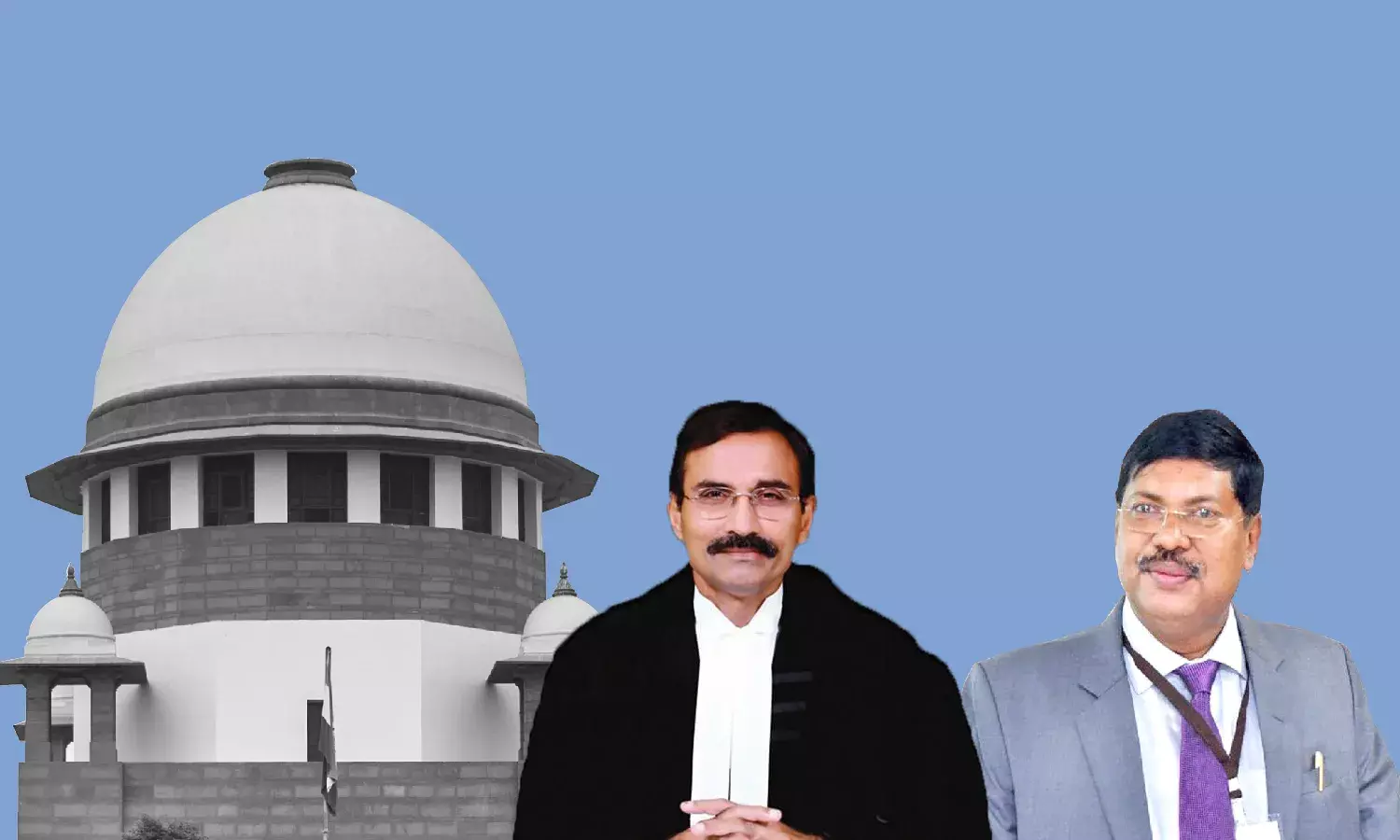'In A Democratic Setup, The Will Of The Majority Has To Prevail': Supreme Court

The Supreme Court in the case of Sau Sangeeta w/o Sunil Shinde v. The State of Maharashtra & Ors. has noted that a leader of a Panchayat Samiti Party can stay in power only as long as he enjoys the support of the majority of elected members of his party.
The Court while dismissing the appeal held that in a democratic setup, it is the will of the majority which prevails and as soon as a person loses confidence of the majority, he becomes unwanted.
The division bench of Justice L. Nageswara Rao and Justice B.R. Gavai was hearing an appeal where the Appellant had challenged the judgment of the Bombay High Court, Aurangabad Bench dismissing the writ petition of the Appellant challenging the order passed by the District Collector granting approval for the selection of Respondent No. 3 as the Gatneta (Group Leader) of the Indian National Congress, Shrirampur Panchayat Samiti Party (INCPS Party), while removing the appellant from the said post.
The Appellant argued that rules of the party framed under the Maharashtra Local Authorities Members Disqualification Rules, 1987 were enacted for the purpose of preventing horse-trading. The Appellant contended that as per the said rules of the party, she was elected for a period of five years and could not have been removed before the expiration of the said tenure. Also, that the meeting to remove Appellant from the post could only be convened by her and not by the President of Ahmednagar District INC party, who was an outsider. However, the Respondent contended that the action of the District Collector was in accordance with law and that the Appellant has acted in violation of the rules.
The Apex Court, after considering the contentions of the parties, held that during the appointment of the Appellant, the authority to change the party leader was given to the President of the District INC party which cannot be disputed by the Appellant.
The Court observed "The appellant was elected as Gatneta when she enjoyed the support of all the members of INCPS Party. However, after she decided to walk on a different path, she lost the support of majority of the INCPS Party and as such, could not have thrust her leadership on the majority."
"The appellant conveniently framed the rules giving effect to some part of the resolution while ignoring other part thereof. We are therefore of the view that the so called reliance placed on the said Rules would not be of any assistance to the case of the appellant," the Court held.
The Court while referring to the case of Sunil Haribhau Kale v. Avinash Gulabrao Mardikar and others, held that contention of the Appellant that she was removed from the post, and Respondent No. 3 was appointed, by an outsider, i.e. the President of Ahmednagar District INC Party, was unacceptable.
The Court held "We are amazed to hear the argument of horsetrading from the mouth of the appellant. It is the appellant who has acted contrary to the wishes of the Party and chose to contest the election of the Chairman of the Panchayat Samiti with the support of the rival group. It is for anybody to guess as to who has indulged in horsetrading."
The Court dismissed the appeal and upheld the judgment of the High Court.

